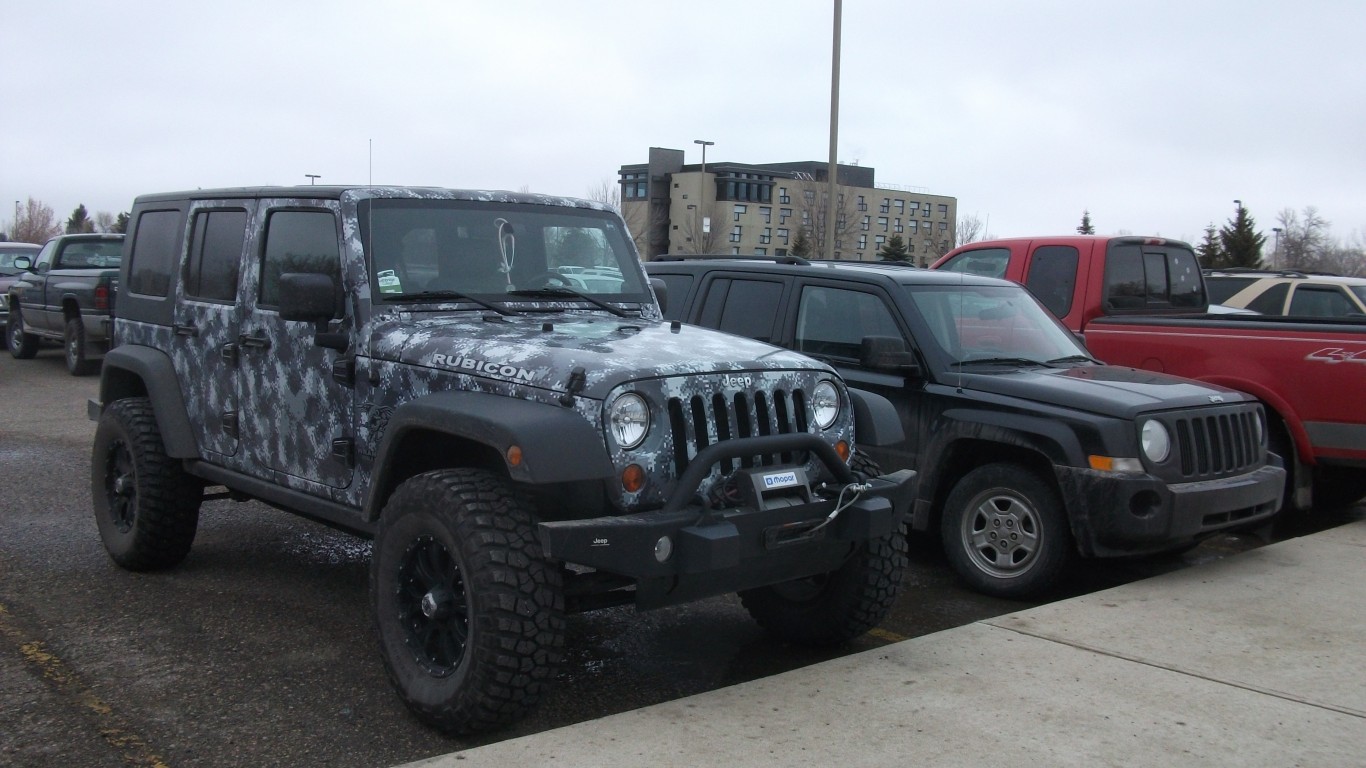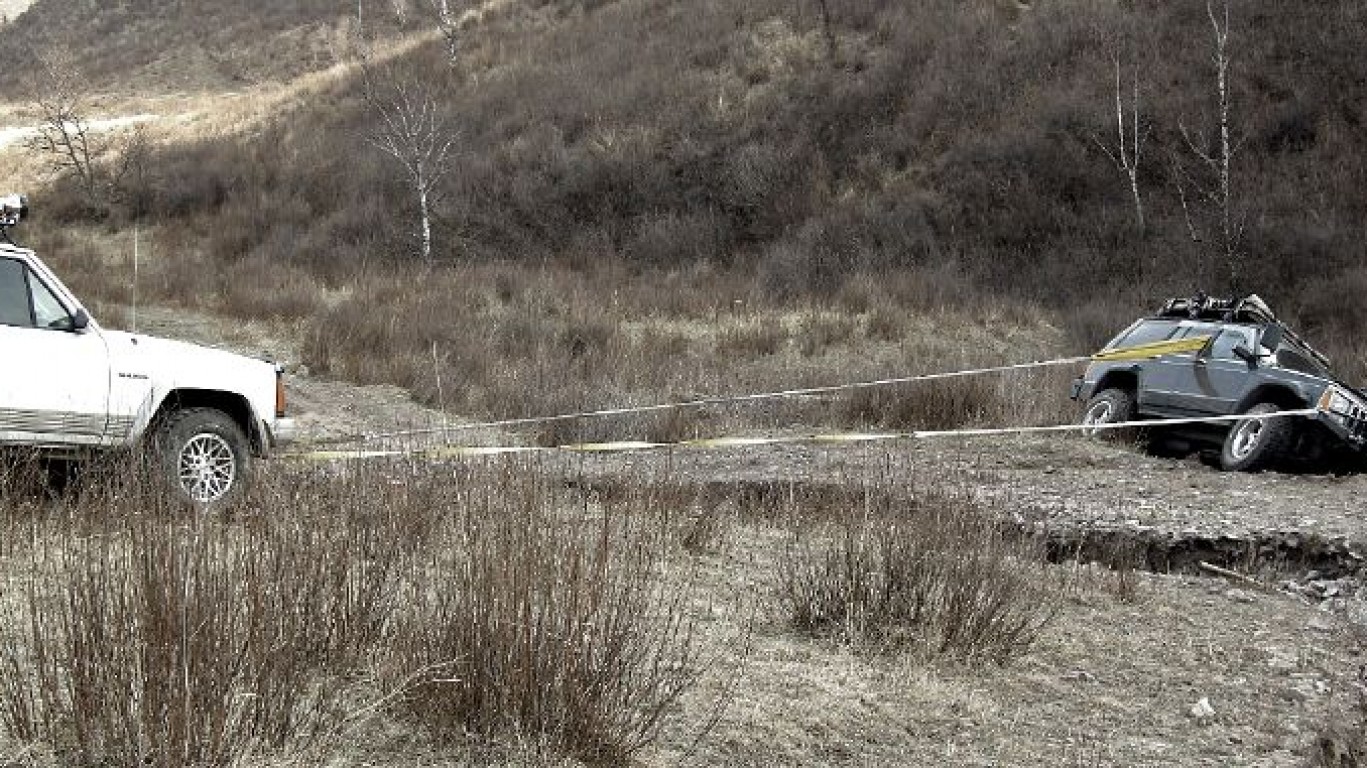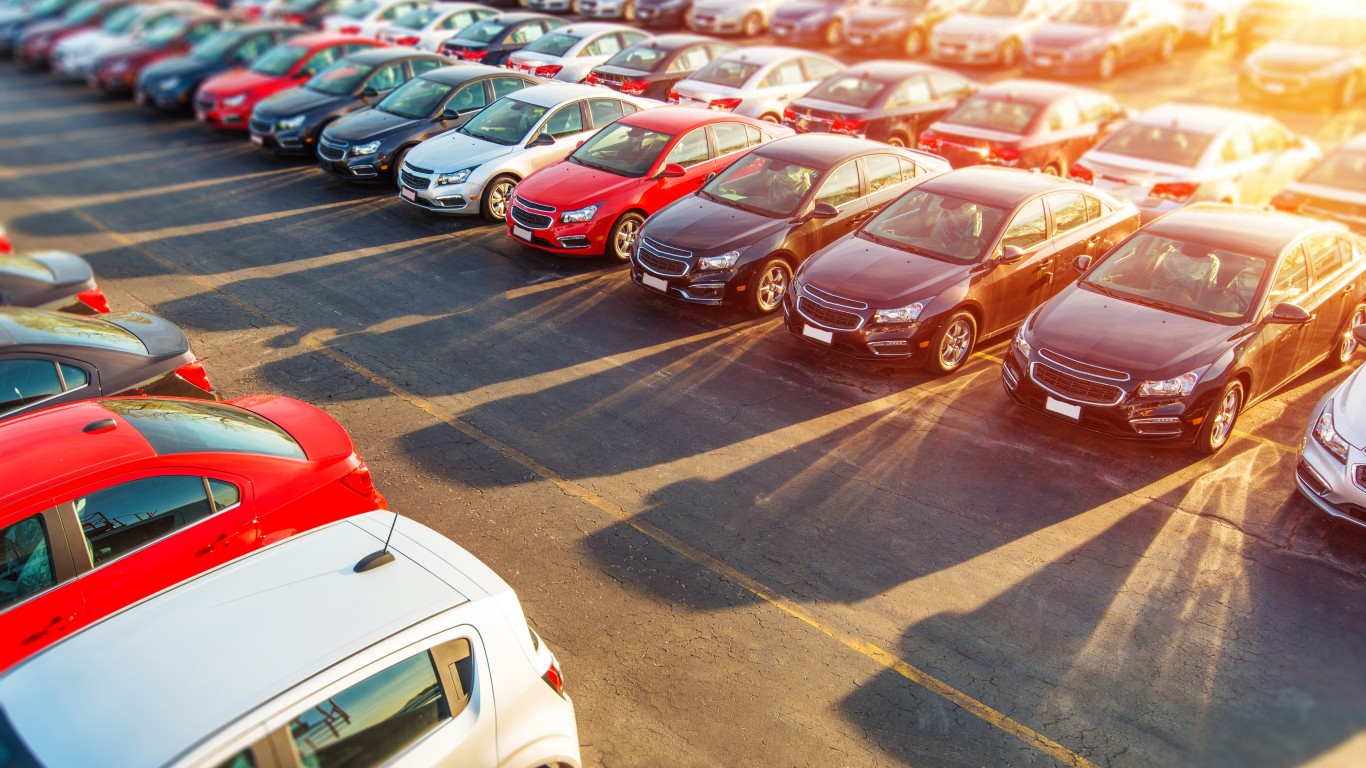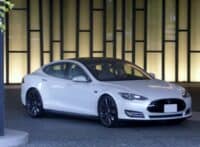
From its legendary beginning as a World War II transport, Jeeps have been a fixture on U.S. roads ever since. The Jeep’s four-wheel drive makes it capable of handling varied weather conditions or terrain. Drivers also like the vehicle’s distinctive look.
FCA US, formerly Chrysler, is the North American arm of Stellantis. The Auburn Hills, Michigan, company manufactures Jeeps, along with Chrysler, Dodge, Ram, FIAT, and Alfa Romeo brands.
The company reported that year-over-year Jeep sales rose 1% in 2021, led by the Jeep Grand Cherokee and Jeep Gladiator. Grand Cherokee sales soared 26% year over year, the best year for the model since 2000. Meanwhile, sales of Jeep Gladiator increased 16% in 2021 to 89,712. Sales of another popular model, the Jeep Wrangler, rose 2% to 204,610 vehicles sold last year. (These are the most popular cars in the world.)
With drivers increasingly favoring SUVs, it’s not hard to see why Jeeps are so popular. The models are equally adept at traversing city streets as they are rugged, off-the-beaten path roads. But as with any vehicle, Jeeps have their pluses and minuses. (Still, chances are Jeeps won’t be among the 18 most famous car brands that no longer exist.)
To determine the best and worst things about owning a Jeep, 24/7 Wall St. compared Jeep attributes with those of various other vehicles using data and information from automotive media outlets such as J.D. Power, Kelley Blue Book, and iSeeCars.
Jeeps get high marks for durability and easy repairs. The resale value is also pretty good. On the other hand, the vehicles can be pricey, and you’ll pay more to fill your tank – a key concern with rising gas prices.
Click here to see the best and worst things about owning a jeep.

1. Durability
Looking for a vehicle able to handle all types of weather or road conditions? Jeeps motor through the worst weather, be it snow or rain, and through challenging terrains like sand or rocks. Your Jeep will keep you safe through every bump in the road.
[in-text-ad]
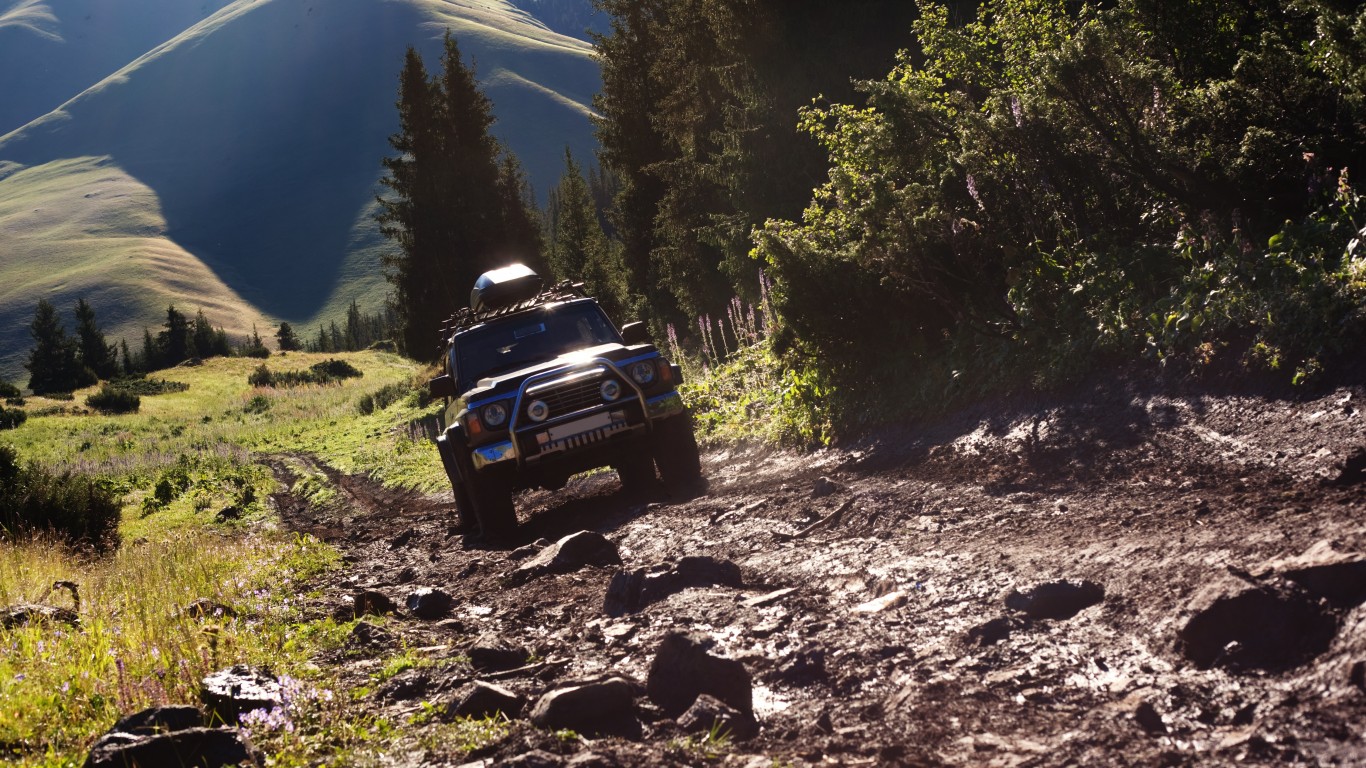
2. Capability
Sure, any car gets you across slick suburban streets and highways with little trouble. But with a Jeep, you can venture off onto tougher, unpaved paths. In fact, the Jeep is specifically made for off-road forays.
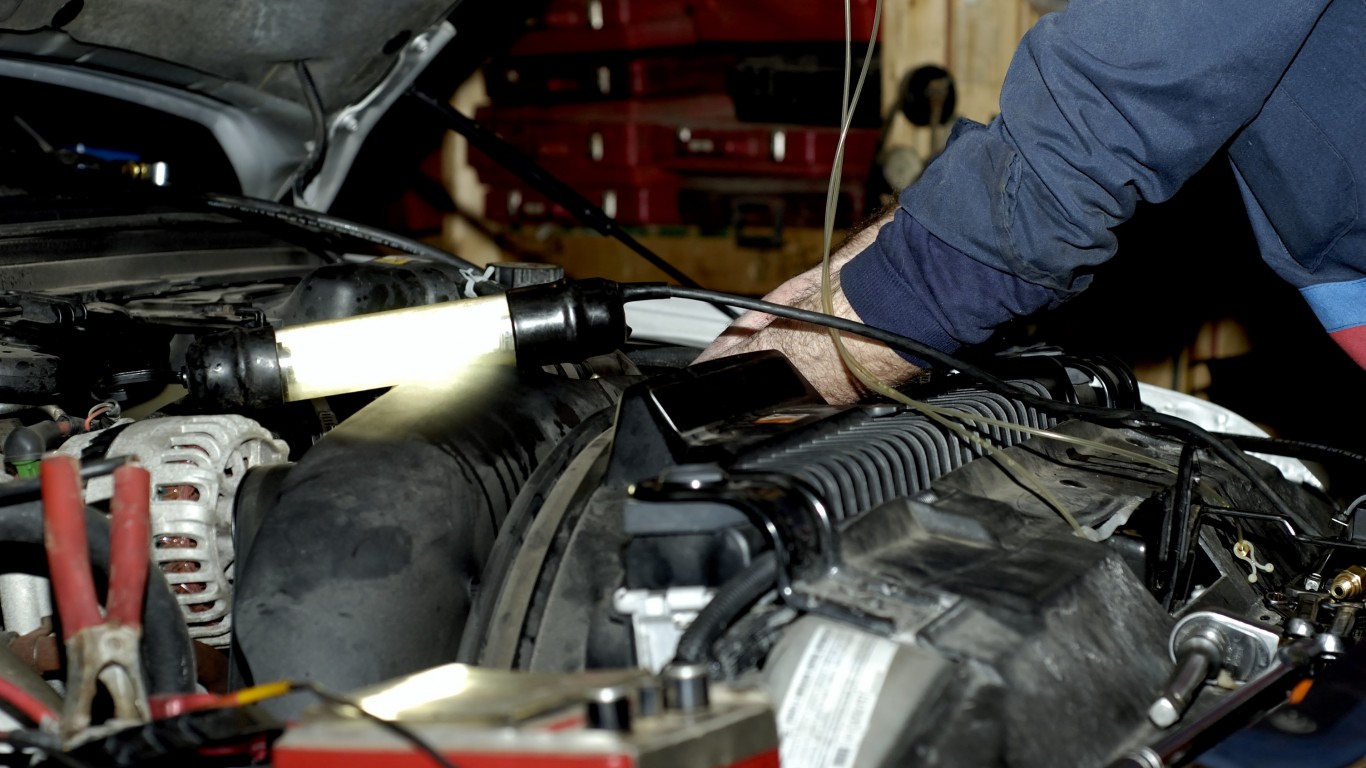
3. Easy repairs
Every car breaks down, including Jeeps. But if you need a new part, you won’t have to go far or wait long to get back into your car. Jeep parts are readily available across the U.S., making it a breeze to repair your vehicle.
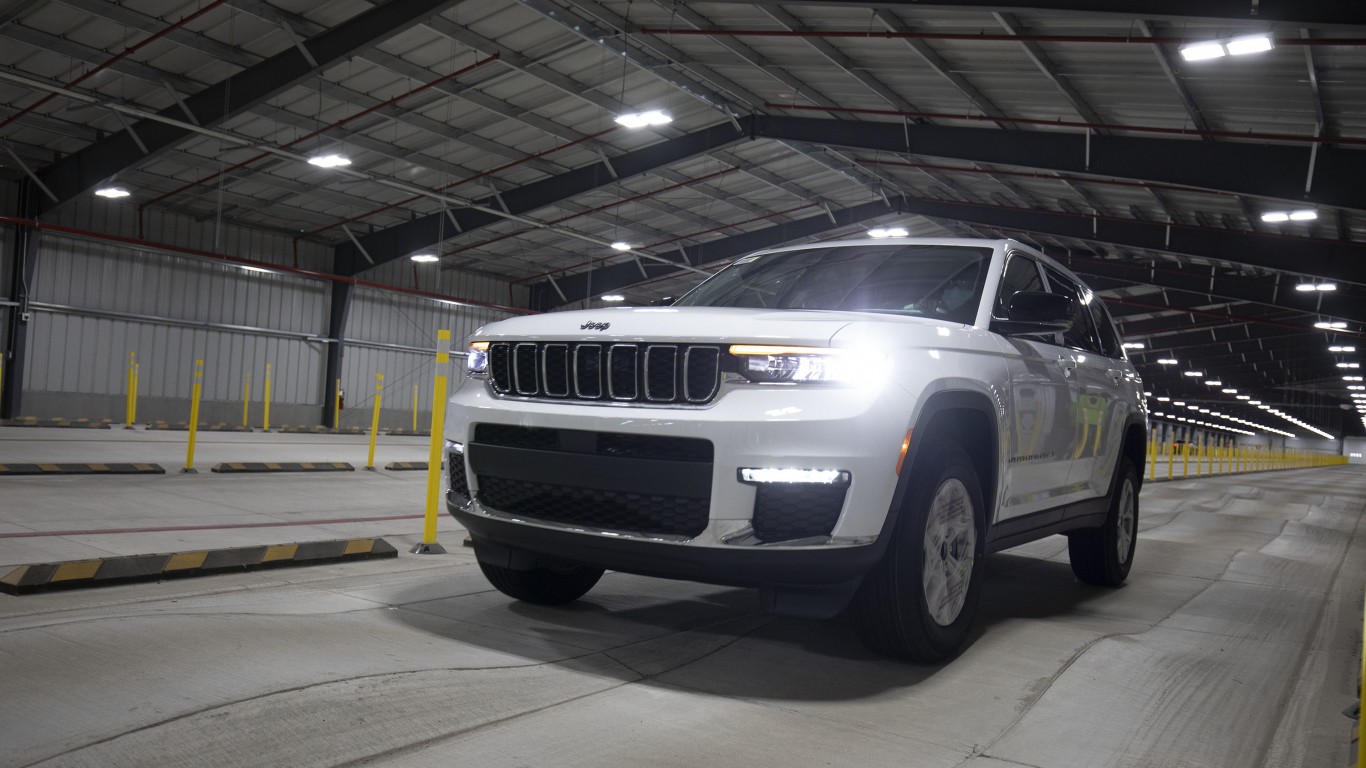
4. American made
If you’re looking for an American-made car, a Jeep is your best bet. In its 2021 analysis of how much of a car is made in the U.S., Cars.com ranked five Jeep models – the Jeep Cherokee, the Grand Cherokee, Wrangler, Jeep Wrangler 4XE, and Gladiator – within the Top 20 in its American-Made Index.
[in-text-ad-2]

5. Camaraderie
Jeep owners are a loyal and enthusiastic bunch, and they share their love of their transport with other like-minded drivers. That’s why they gather at yearly events like the Easter Jeep Safari in Moab, Utah, where Jeepsters from all over the world congregate.

6. Versatility
Although Jeeps are well suited for off-roading, the vehicles are just as good for a trip to the grocery store. Wherever you want to go, your Jeep will take you there safely and comfortably.
[in-text-ad]

7. Climate control
Think top-notch heating and cooling only come in a luxury car? Think again. Jeeps feature outstanding AC and heating systems to keep you comfy in all temperatures.
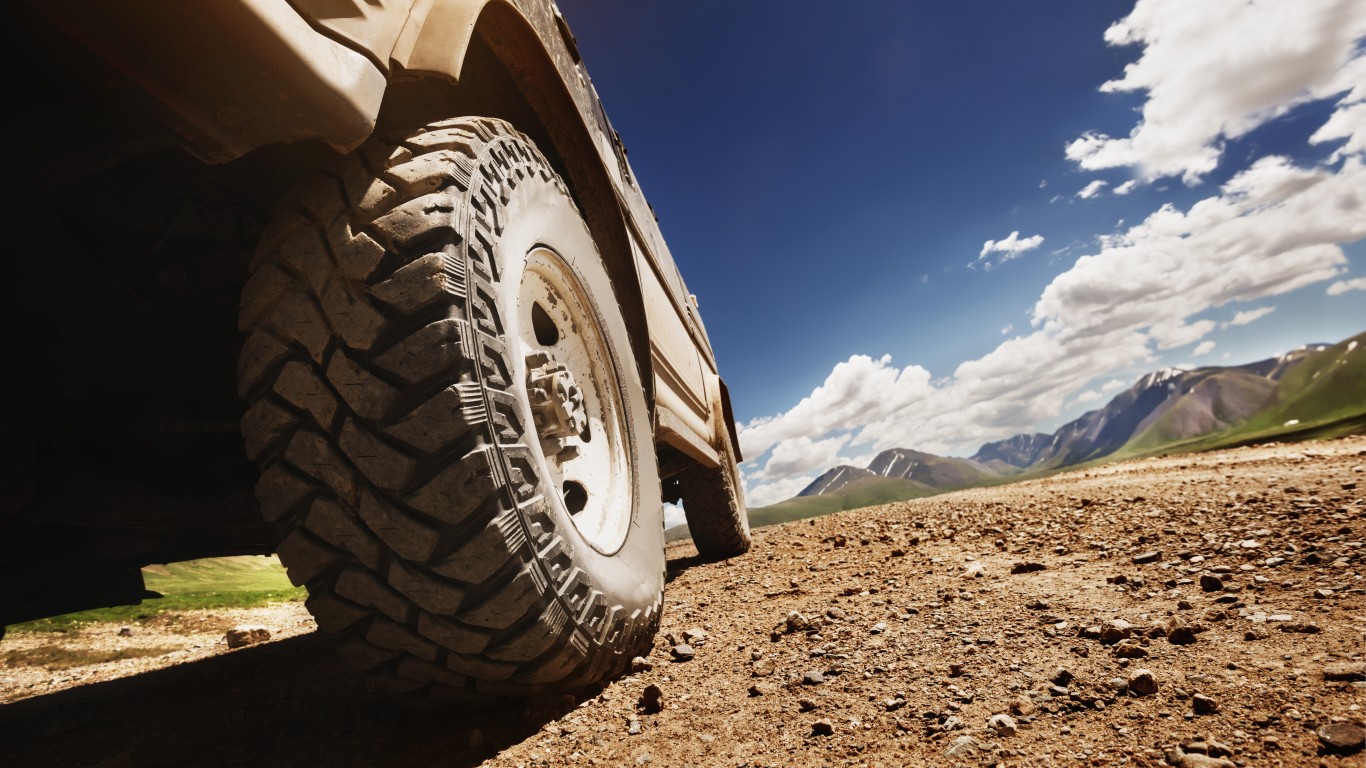
8. Handling
The cornering abilities of a Jeep make them ideal for rocky terrain. But those same handling powers make the vehicles a stable, easy-to-drive option for paved roadways, too.
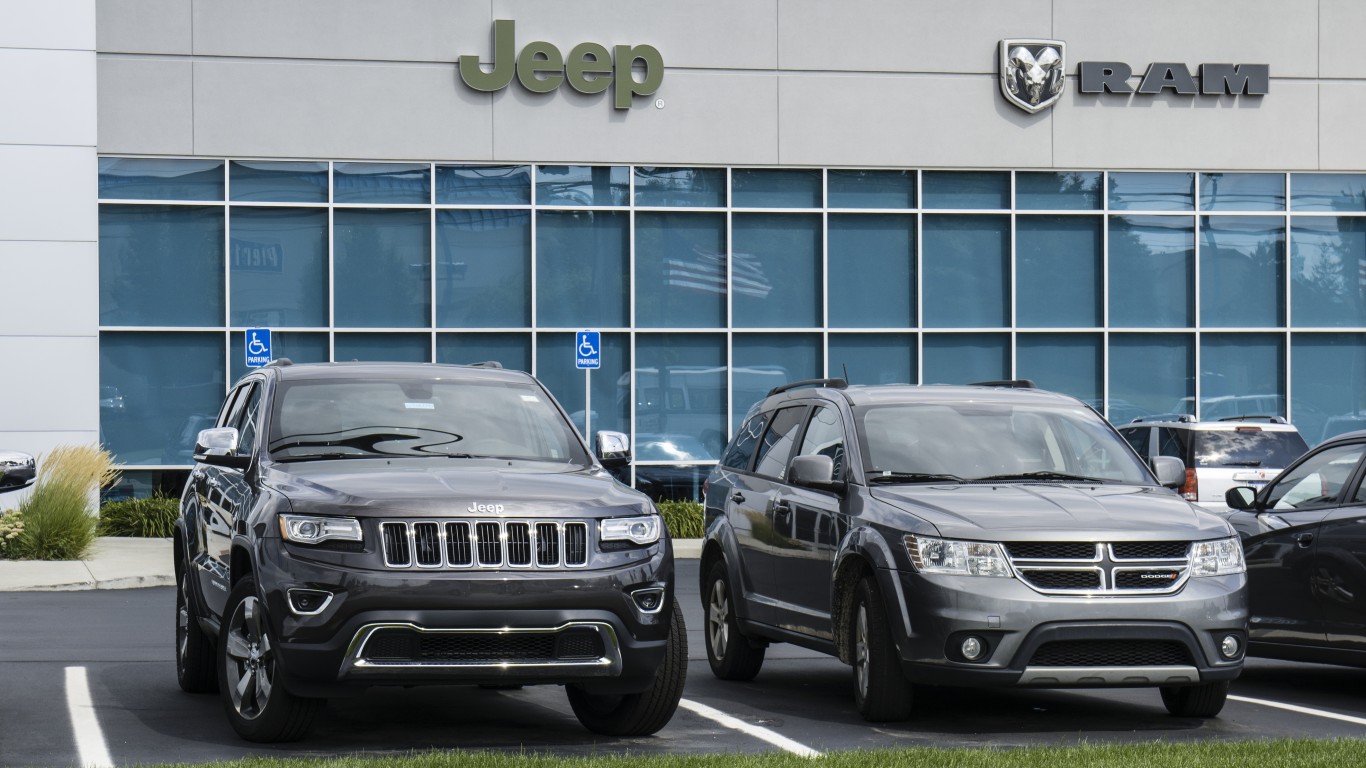
9. Value retention
Of course, you’ll never want to sell or trade in your Jeep. But if you do, you can expect a great resale value. Noting its durability and reliability, iSeeCars.com ranked the Jeep Wrangler No. 1 as the Best Used Small SUV. You’ll pocket about $40,000 if you decide to part with your three-year-old Jeep.
[in-text-ad-2]
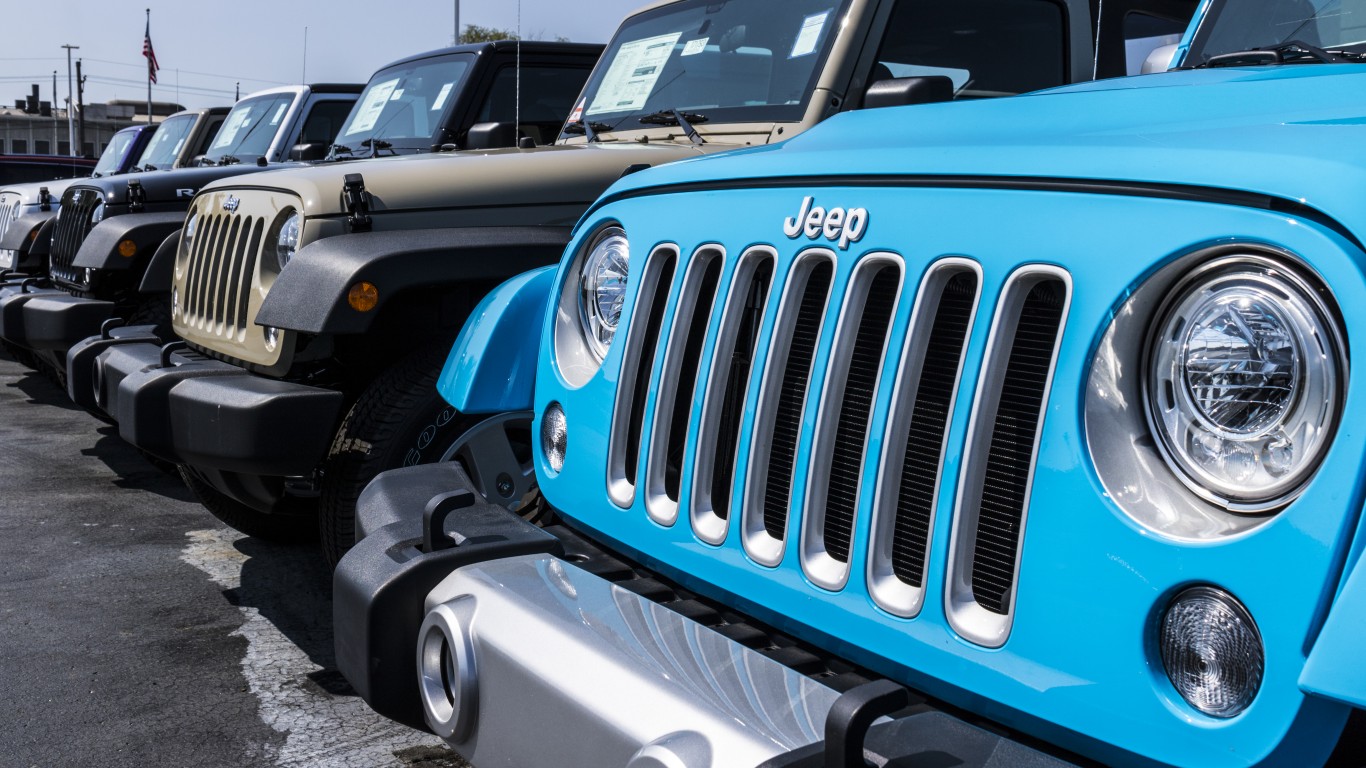
1. High cost
To get the durability and versatility of a Jeep, you’ll pay a hefty price. And if you want to customize your vehicle, you’ll pay even more. But for some, it may be worth it to own a legendary car. Jeep Wranglers are also more expensive because not many cars are made with a solid front axle and electronic sway bar disconnects that make them so good for off-roading. They are also one of the few cars with all-terrain tires. So with little competition, Jeep can set a higher price. The 2022 Jeep Compass – the brand’s lowest priced model – has an MSRP of $26,785 to $34,210. Not overly expensive, but not cheap, either.
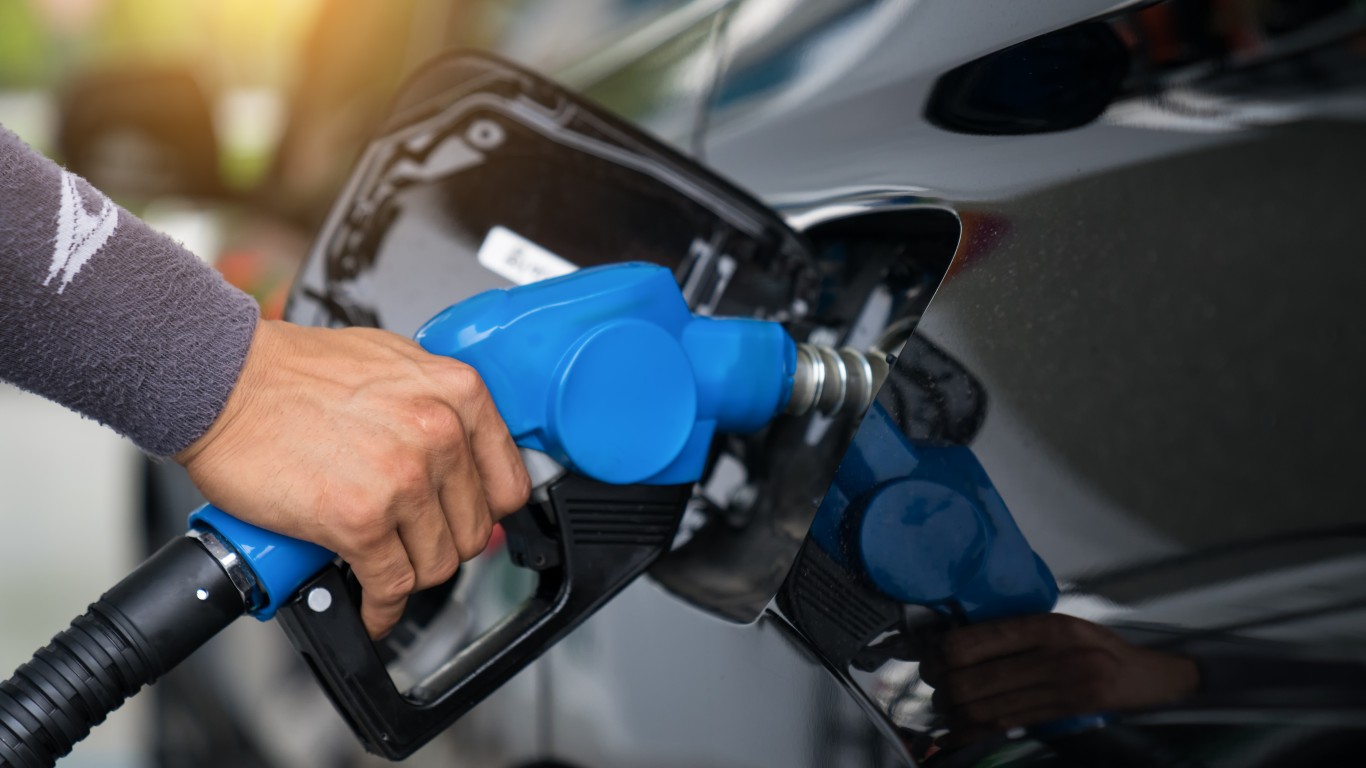
2. Gas mileage
According to Edmunds.com, the 2022 Jeep Wrangler Sport 4-door, all-wheel drive gets an estimated combined city/highway gas mileage of 20 mpg. The model gets 17 mpg in the city and 25 mpg on the highway. Compare that to another, smaller SUV, the 2021 RAV4 Hybrid, which has a 40 mpg combined fuel economy. With higher gas prices, you may need to take the extra dollars in consideration when buying a Jeep.
[in-text-ad]
3. Safety
When U.S. News & World Report ranked the 15 safest car brands for 2022, Jeep didn’t make the cut. Yet in 2021, the Jeep Cherokee came in second for safest small SUVs with a safety score of 9.5 out of 10.

4. Problems
If you mean to own your car for many years – and more drivers are doing that – you’ll want a reliable vehicle for the long haul. Unfortunately, here’s where Jeeps may fall short. When J.D. Power released its 2022 U.S. Vehicle Dependability Study, Jeep didn’t make the list. Instead, Kia, Genesis, Hyundai, Buick, and Toyota reported fewer problems. Specifically, the differential mechanism that allows a pair of wheels to move at different speeds can be problematic. The parts are costly to replace, too.
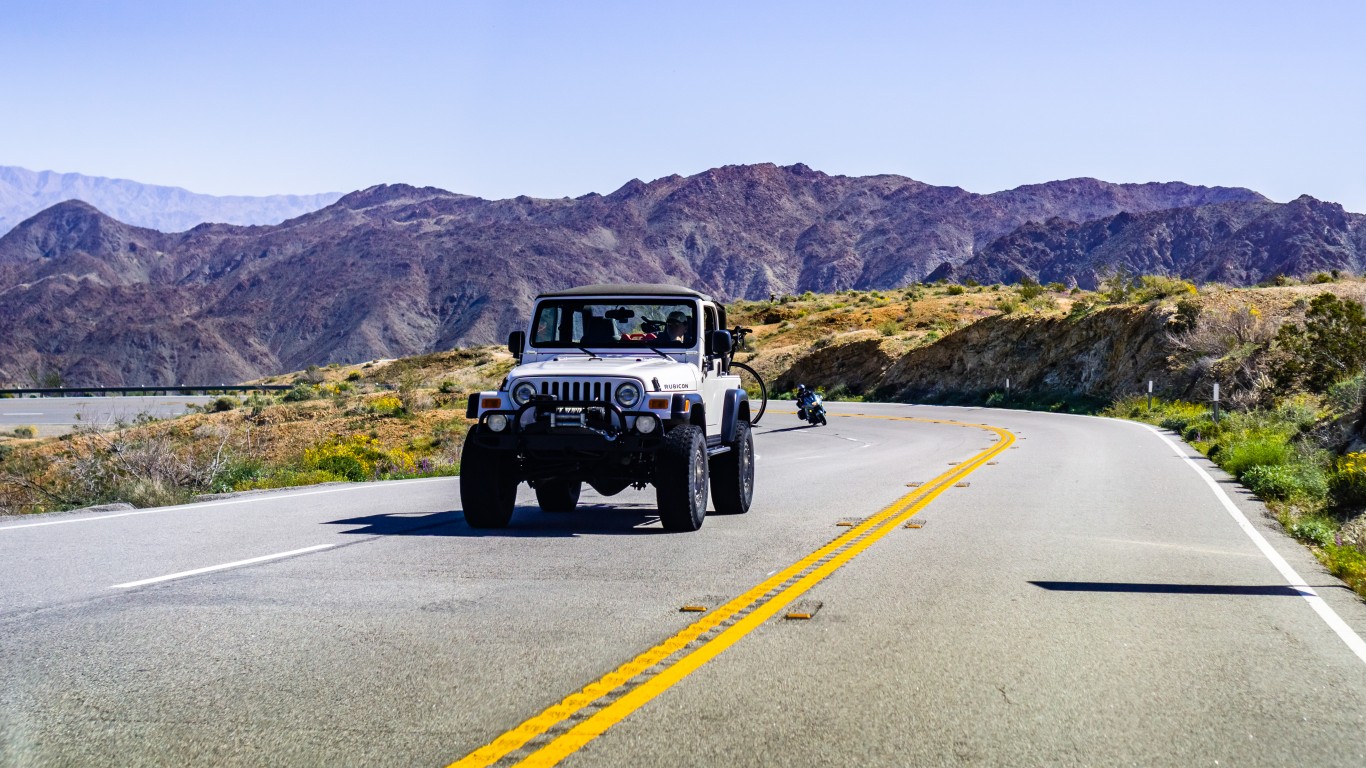
5. Not designed for road trips
Heading out on a long excursion? Maybe a Jeep isn’t your best choice. What makes Jeeps good off-road vehicles works against them on longer trips. The autos can be cramped and uncomfortable for an extended stretch on the road.
[in-text-ad-2]

6. Expensive used
As mentioned previously, the average resale value for a three-year-old Jeep Wrangler is about $40,000. Great for the seller, but not so much for the buyer. To compare, a new, equally rugged 2022 Ford Bronco goes for much less at $29,300.
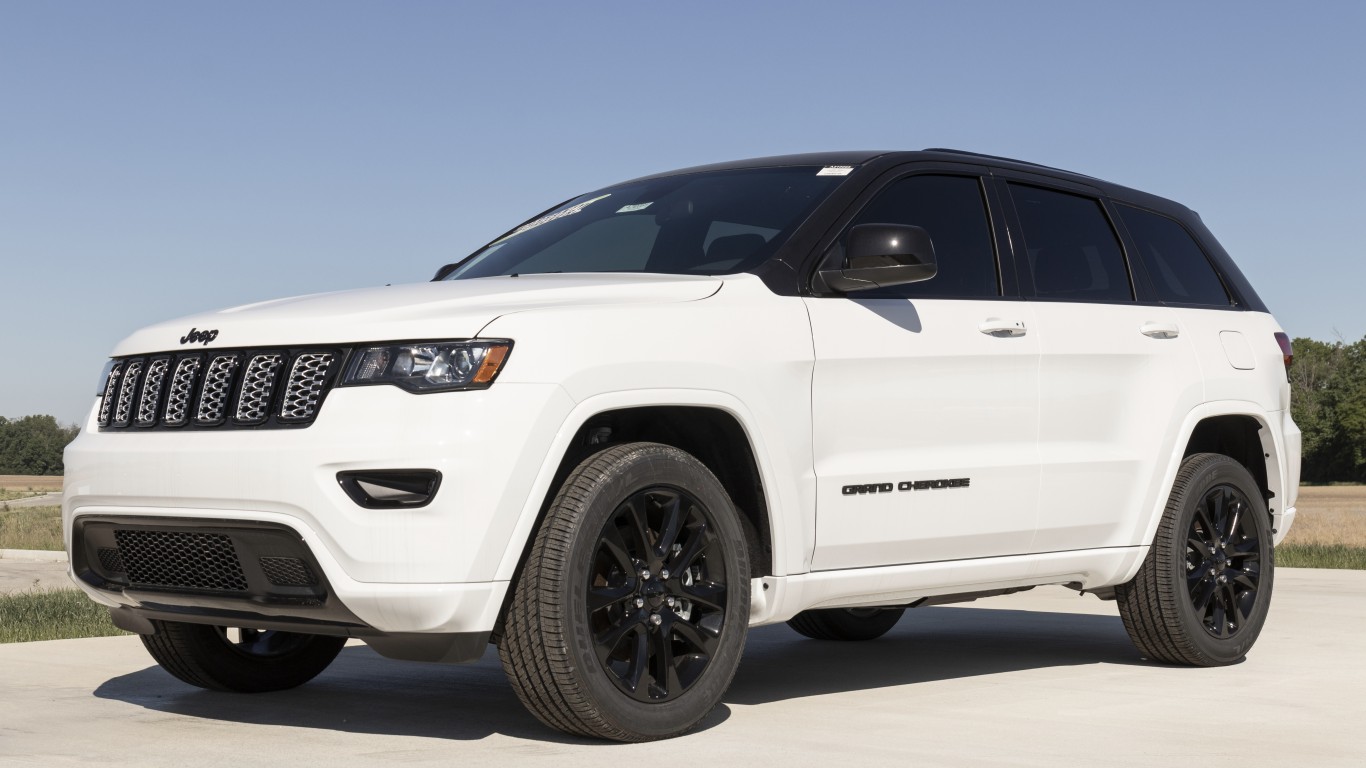
7. Problematic name
One of Jeep’s most popular lines is the Cherokee. But Native American groups say it has echoes of racism and have asked the manufacturer to change it. Last year, Carlos Tavares, the CEO of Jeep parent Stellantis, said he didn’t know if there was a problem. “But if there is one, well, of course we will solve it,” he added. The brand name still stands.
[in-text-ad]
8. Rollover risk
In tests conducted by the National Highway Traffic Safety Administration, the 2022 Jeep Wrangler received a rollover probability grade of 29.70% and a score of 3 out of 5 for rollover risk, raising the likelihood the car could flip over. During crash simulations supervised by the Insurance Institute for Highway Safety, the vehicle inverted. Despite those results, the Jeep Wrangler is nevertheless a safe car on the road. n the road.
In 20 Years, I Haven’t Seen A Cash Back Card This Good
After two decades of reviewing financial products I haven’t seen anything like this. Credit card companies are at war, handing out free rewards and benefits to win the best customers.
A good cash back card can be worth thousands of dollars a year in free money, not to mention other perks like travel, insurance, and access to fancy lounges.
Our top pick today pays up to 5% cash back, a $200 bonus on top, and $0 annual fee. Click here to apply before they stop offering rewards this generous.
Flywheel Publishing has partnered with CardRatings for our coverage of credit card products. Flywheel Publishing and CardRatings may receive a commission from card issuers.
Thank you for reading! Have some feedback for us?
Contact the 24/7 Wall St. editorial team.
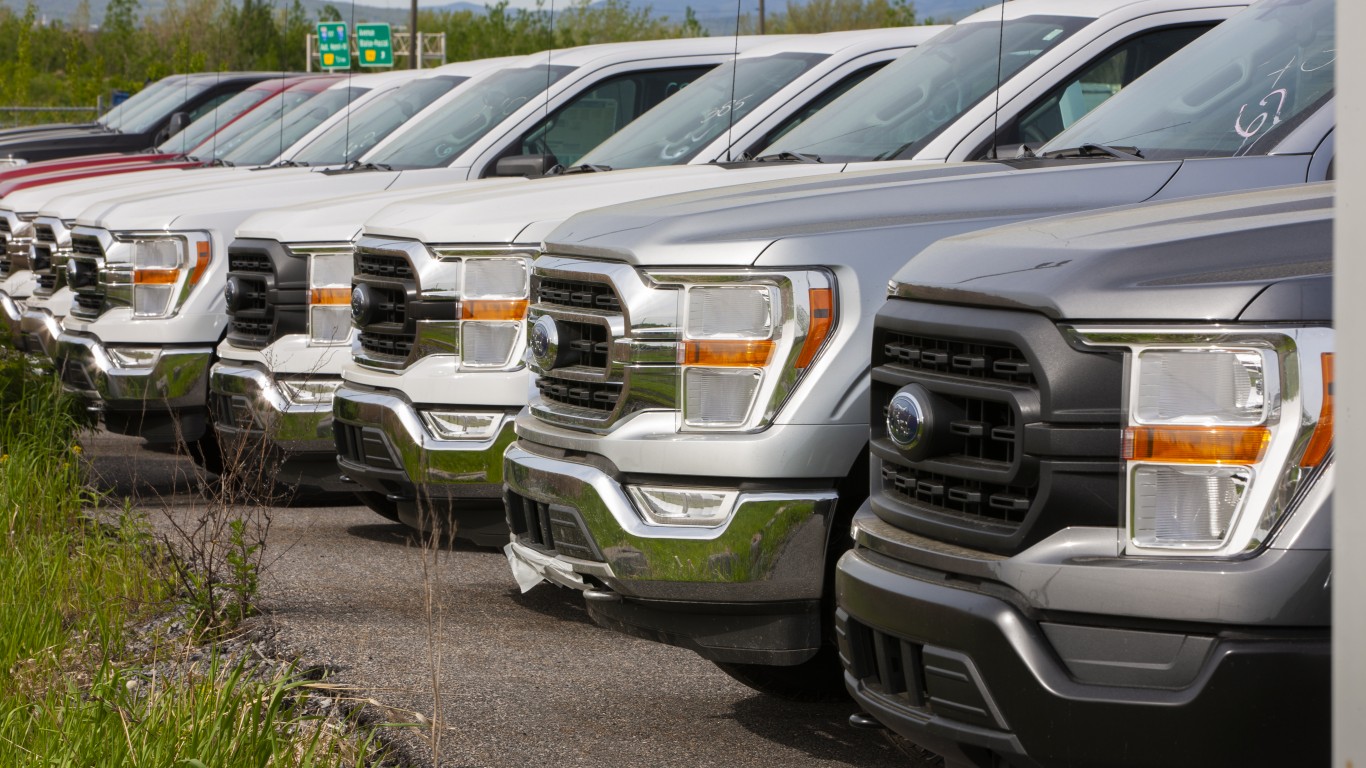 24/7 Wall St.
24/7 Wall St.